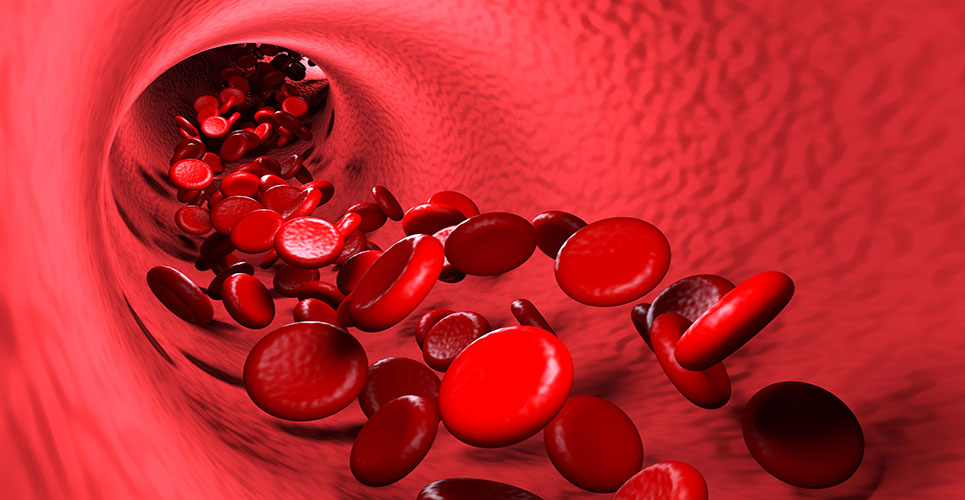teaser
Thirteen research centres will work together in a network set up by Leukaemia and Lymphoma Research, in the hope of improving survival rates.
There is a relatively small amount of research into these ‘rarer’ cancers even though over 12,000 people die of them in the UK each year – more than from prostate and breast cancer. Blood cancers are the most common cause of cancer deaths in people aged under 35.
The charity said it has been regarded as too expensive to develop drugs for every type of blood cancer because there are so many variations. On top of that, when a drug is ready to be tested it is hard to find the right number of patients with the type of cancer in one place.
Even when a drug makes it over these hurdles, it can take up to 10 years before it becomes available to patients.
Professor Charlie Craddock, of the University of Birmingham and University Hospitals Birmingham NHS Trust, is the charity’s clinical trials adviser. She said: “Every doctor will tell you that they are routinely turning down promising new drugs because they don’t have the resources to conduct early stage clinical trials. We have a moral case for getting new drugs out there as soon as possible – if you have a relative with a blood cancer, you don’t want life-saving treatment available in 10 years. You want it now.”
Copyright © Press Association 2011
Leukaemia and Lymphoma Research

